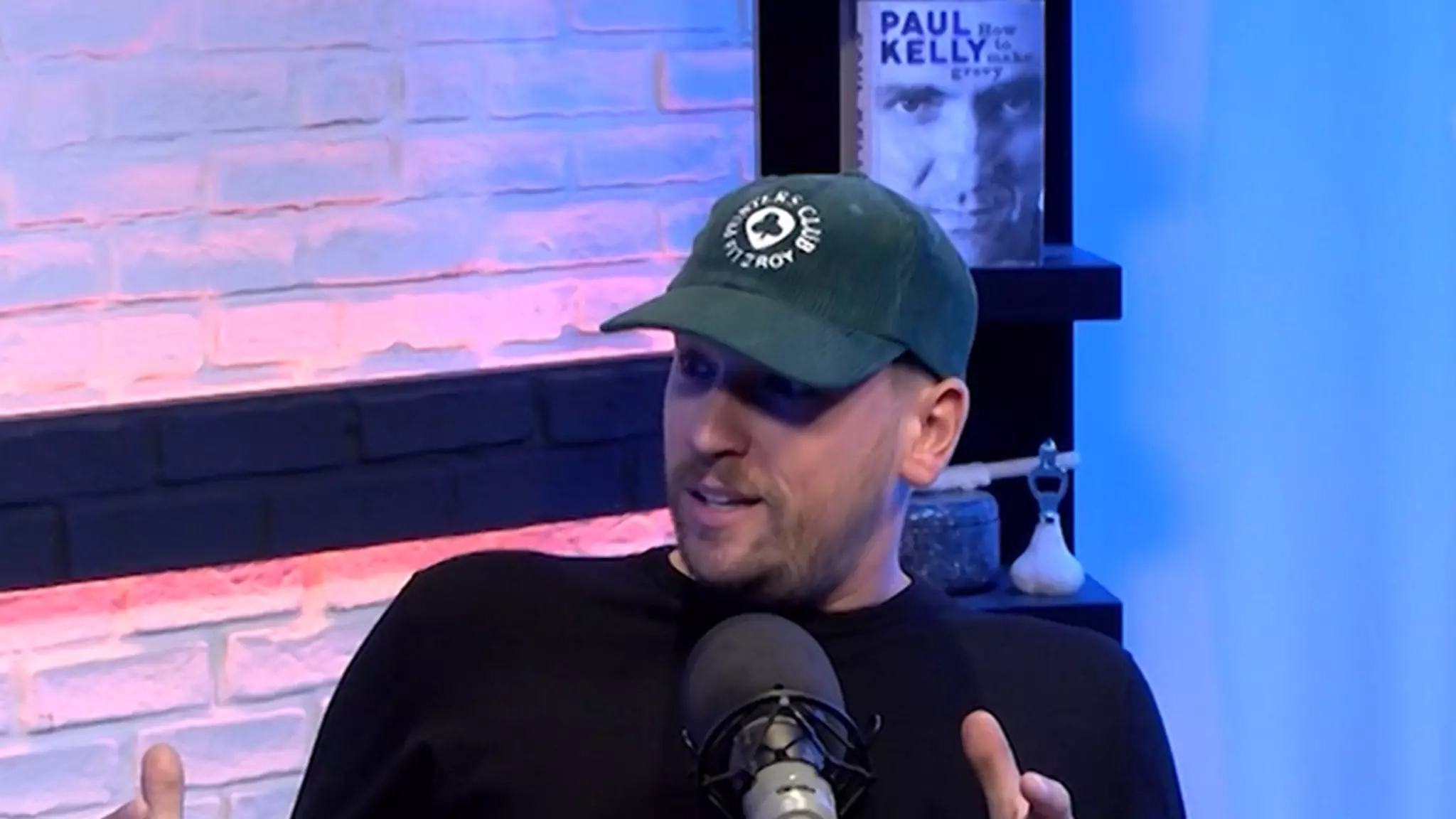The relationship between Novak Djokovic and Australia has faced unprecedented tensions in recent years, driven primarily by the pandemic’s upheaval and the subsequent controversies surrounding vaccination mandates. Djokovic, a 24-time Grand Slam champion, found himself at the center of a whirlwind when he was prohibited from participating in the 2022 Australian Open, where he has historically dominated. The decision to deport him, rooted in his refusal to receive the COVID-19 vaccine, set a contentious backdrop for his standing in a nation where public sentiment quickly turned sour.
The Olympic athlete’s public persona, particularly in Australia, has since been marred by skepticism and harsh judgments from fans. This hostility reached a pinnacle in 2025 when Djokovic was forced to withdraw from the semifinals of the Australian Open due to a muscle injury. The aftermath saw him subjected to scorn and disapproval from a segment of the crowd, underscoring the reality that even elite athletes are not insulated from public criticism.
Alcott’s Perspective on Fan Responsibility
Enter Dylan Alcott, a beacon of positivity and resilience in the world of tennis, particularly in wheelchair tennis, where he has not only triumphed as a player but also served as an advocate for inclusivity in sports. Alcott, who has amassed an impressive 25 Grand Slam titles, defended Djokovic during a recent appearance on the podcast “Big Down Under.” His remarks revealed a deeper understanding of the athlete’s plight, emphasizing that the sheer volume of achievements does not warrant the disparagement Djokovic faced from fans.
Alcott’s defense was rooted in empathy, arguing that it’s unfair for anyone to question an athlete’s integrity when they display pain or injury. His astute observation, “Like who are you to say someone isn’t injured?” echoes a more substantial critique of sports culture that often values entertainment over compassion. This sentiment captures an essential truth about our society: while sports can be a platform for fierce rivalry, they should foster respect for the athlete’s humanity.
Community and Respect Beyond Rivalry
Dylan Alcott also highlighted Djokovic’s commitment to supporting wheelchair tennis and his genuine care for the sport as a whole. This aspect of Djokovic’s character often drowns beneath the waves of public criticism but reflects a side of him that many forget to recognize. Alcott notes their collaborative efforts during annual exhibition events at the Australian Open, suggesting that for all the controversy, Djokovic has shown a continuous dedication to the broader tennis community.
His point resonates loudly: sportsmanship transcends the court. Alcott recognizes the multitude of opinions surrounding athletes but emphasizes that their emotional experiences and struggles deserve validation. It’s not merely about enjoying the player’s success; it’s also about acknowledging their challenges and failures with grace.
In a world where public opinion can sway dramatically, Alcott’s clarion call for respect stands as a powerful reminder to fans and critics alike. With the next Australian Open on the horizon in January 2026, there’s a palpable anticipation that Djokovic will return stronger and refocused, ready to reclaim his status on one of tennis’s grandest stages. As Alcott aptly puts it, every athlete, including Djokovic, possesses the right to their journey—each deserving understanding and support from their community.

